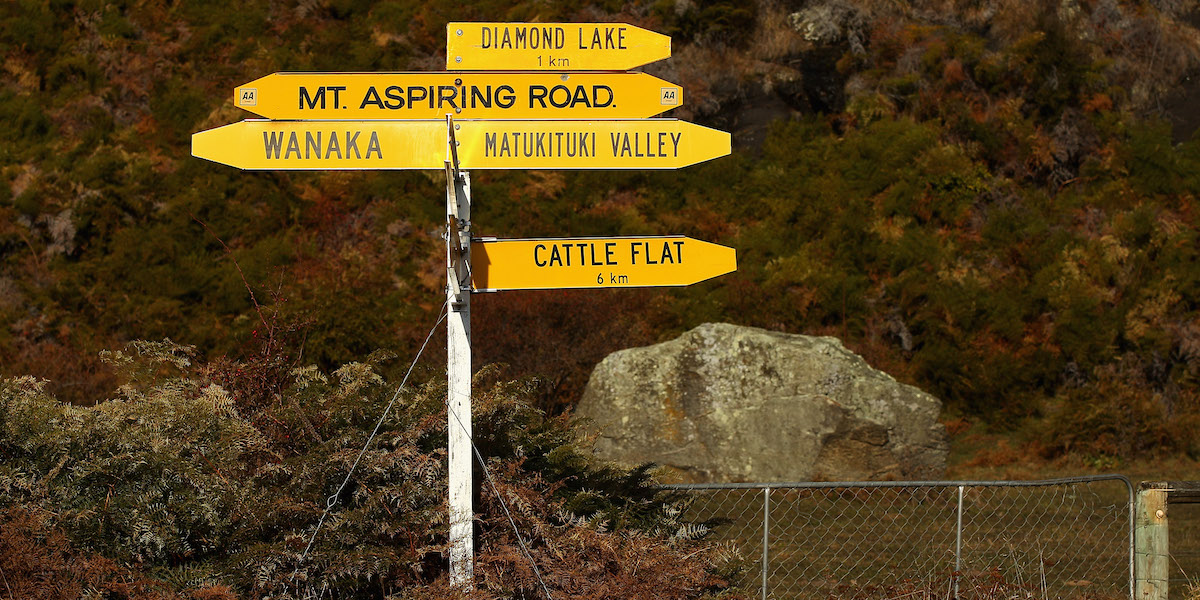At the end of May, a new project was launched in New Zealand consultation proposal to install bilingual road signs in English and Maori, the language of the country’s indigenous people, throughout the country. The consultation was promoted among others by the New Zealand transport body, the Waka Kotahi, according to which having signs in both languages would be a good way to recognize and revitalize the Maori language, but also to bring people closer to the culture indigenous and promote social cohesion.
However, the initiative was contested in particular by the centre-right and conservative parties, which followed suit a divisive political issue in view of the parliamentary elections scheduled for 14 October.
I bilingual signs they are the norm in many countries and regions of the world where there are multiple official languages, from Scotland to Wales, from Canada to several Italian regions. In New Zealand, however, this does not happen systematically, although the Maori language is one of them three official languages along with English and New Zealand Sign Language. According to the supporters of the initiative, having signs also written in Maori would be one of the ways to encourage the revitalization of the native language and culture, which had been harshly repressed during the colonization period (New Zealand, whose native name is Aotearoa, was a British colony from 1841 to 1907 and only became an independent country in 1947).
Commenting on the consultation, National Party spokesman Simeon Brown said the bilingual road signs «they would confuse» people and what they would entail huge costs. Brown, spokesman for the country’s main centre-right party, in opposition, added that “we all speak English, and therefore [i cartelli] they should be in English.’ David Seymour, leader of the liberal and right-leaning ACT party, noted that the purpose of road signs should be to “communicate information in a language that the driver can understand”, and not as a way to “demonstrate virtue or direct a society”.
Prime Minister Chris Hipkins, of the Labor Party, said the opposition was turning the double language on placards into a culture battle for political purposes only. Talking to the NZ site StuffMinister of Justice and Regional Development Kiritapu Allan, who is also an official in the Ministry of Transport, he said that the centre-right’s comments are “an insult” to New Zealanders and their IQs, and noted that “the rest of the world has embraced bilingualism and multilingualism”.
Later, the National Party clarified that it did not want to oppose bilingualism, but maintained that the issue is not a priority problem.
The Labor Party has long been engaged in a series of initiatives to address the inequalities between non-Maori and Maori, who make up over 16 per cent of the population. Traditionally, however, conservative parties tend to exploit issues such as those related to the recognition of indigenous rights for political ends. Debbie Ngarewa Packer, co-leader of the Maori party, which currently holds only two seats in parliament, he said a Radio New Zealand that Brown’s comments are “an ignorant and alarmist way of doing politics”.
